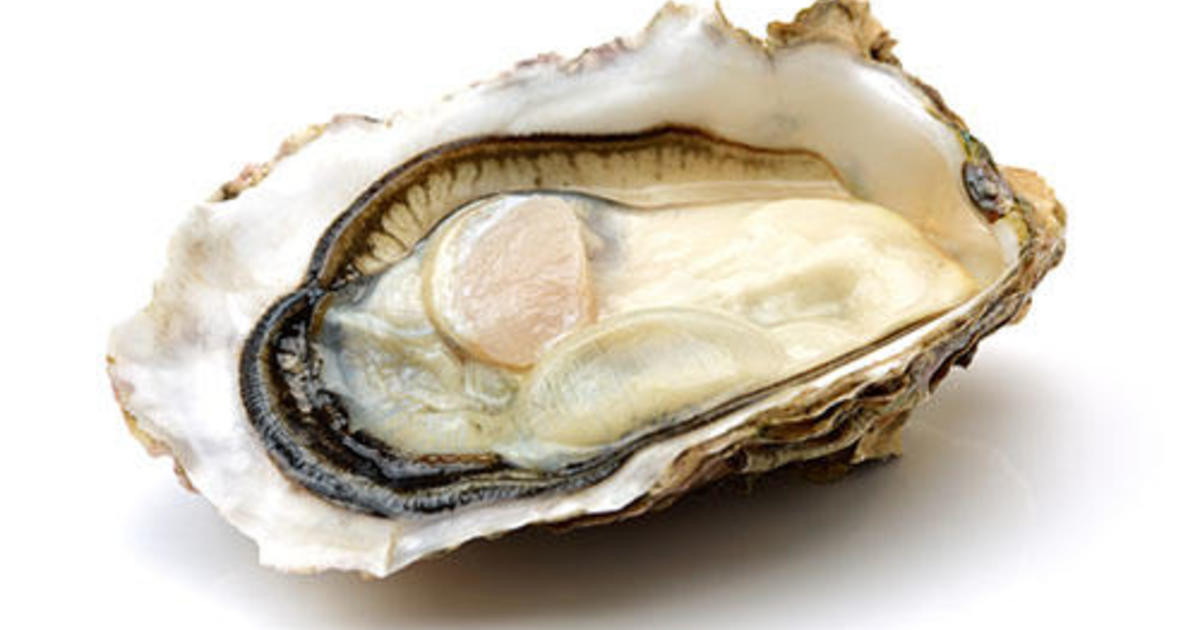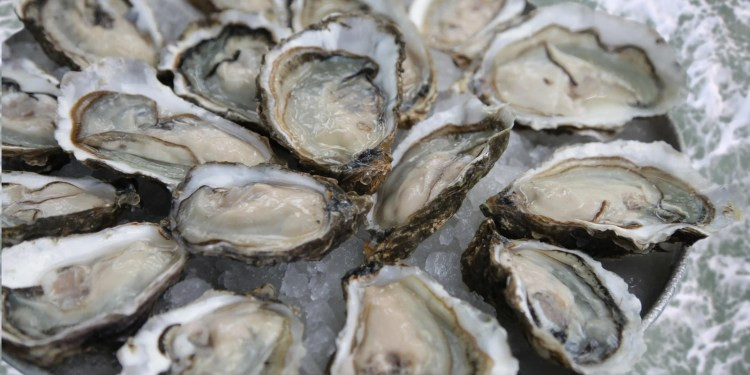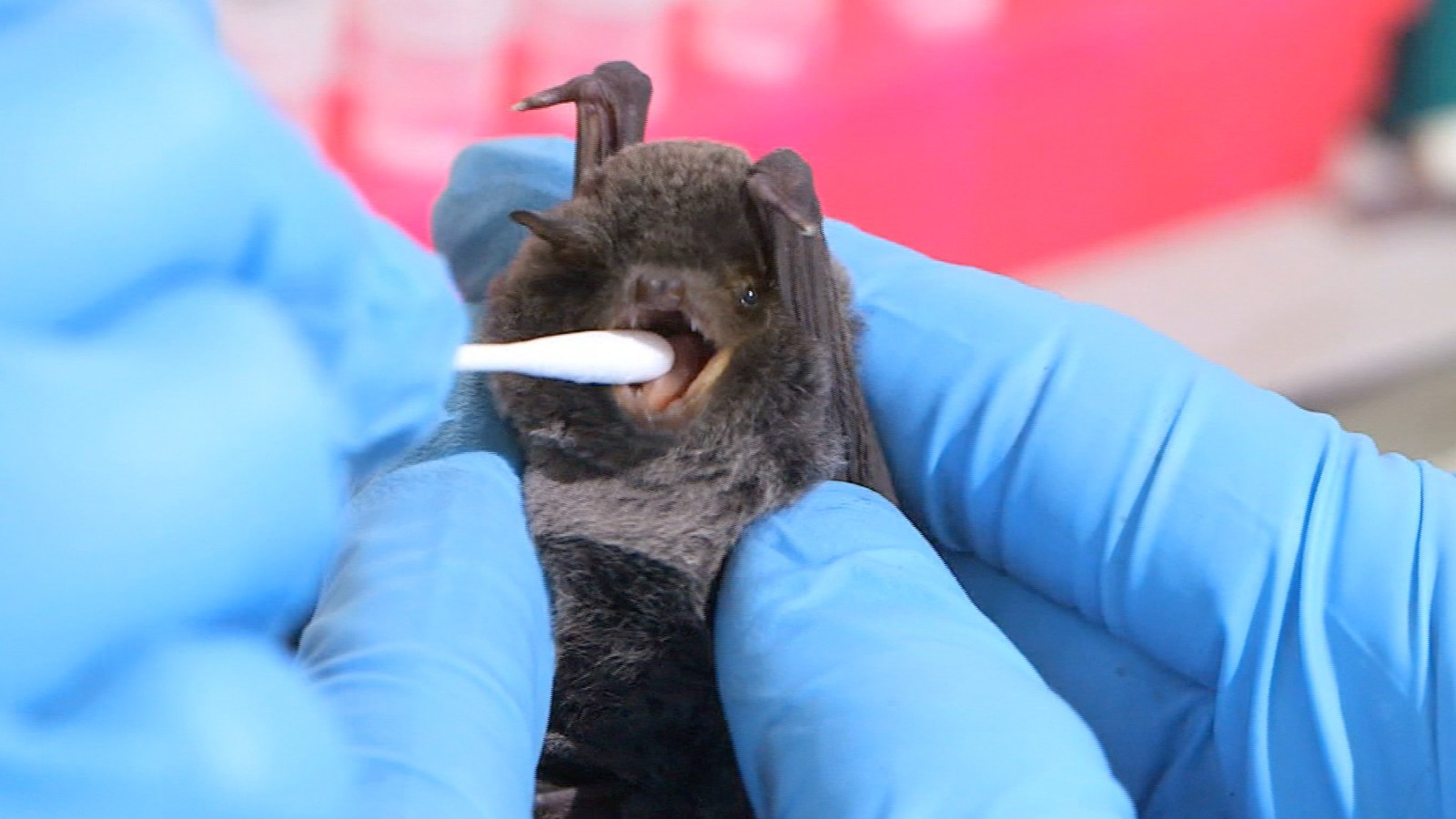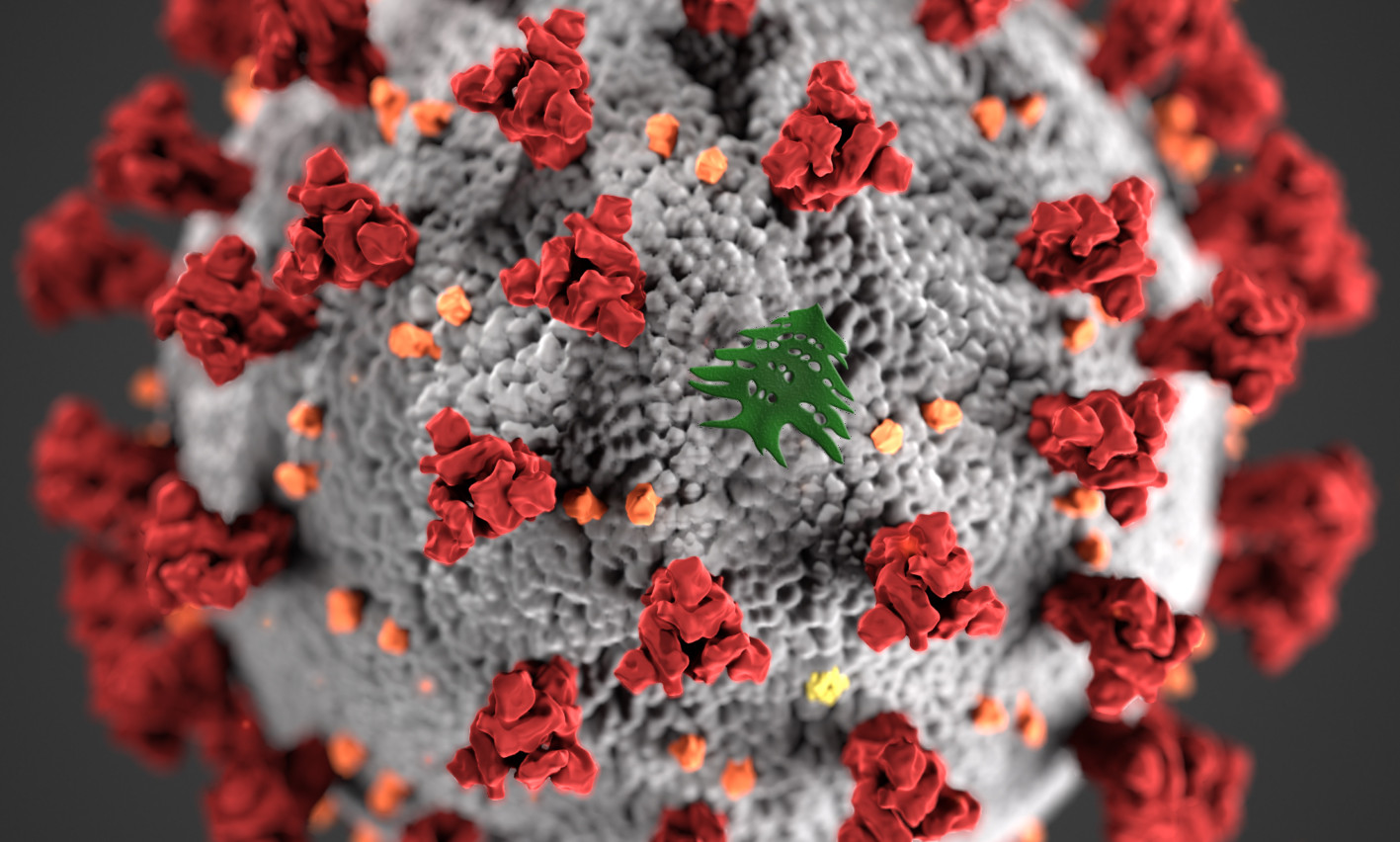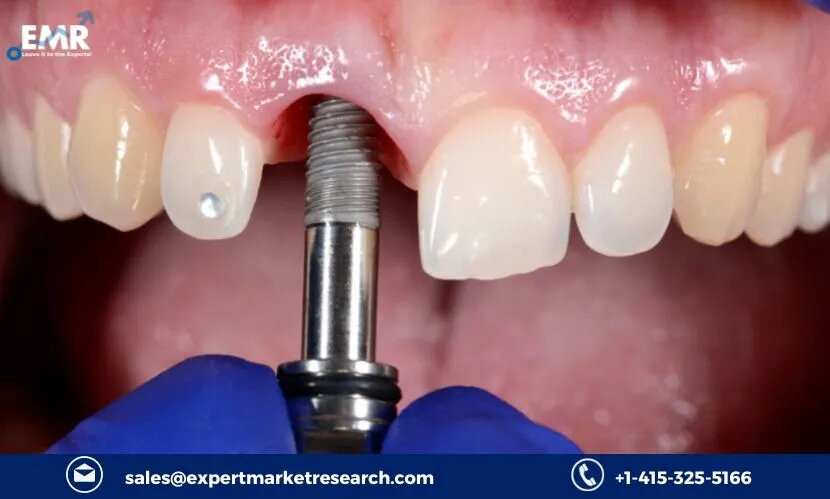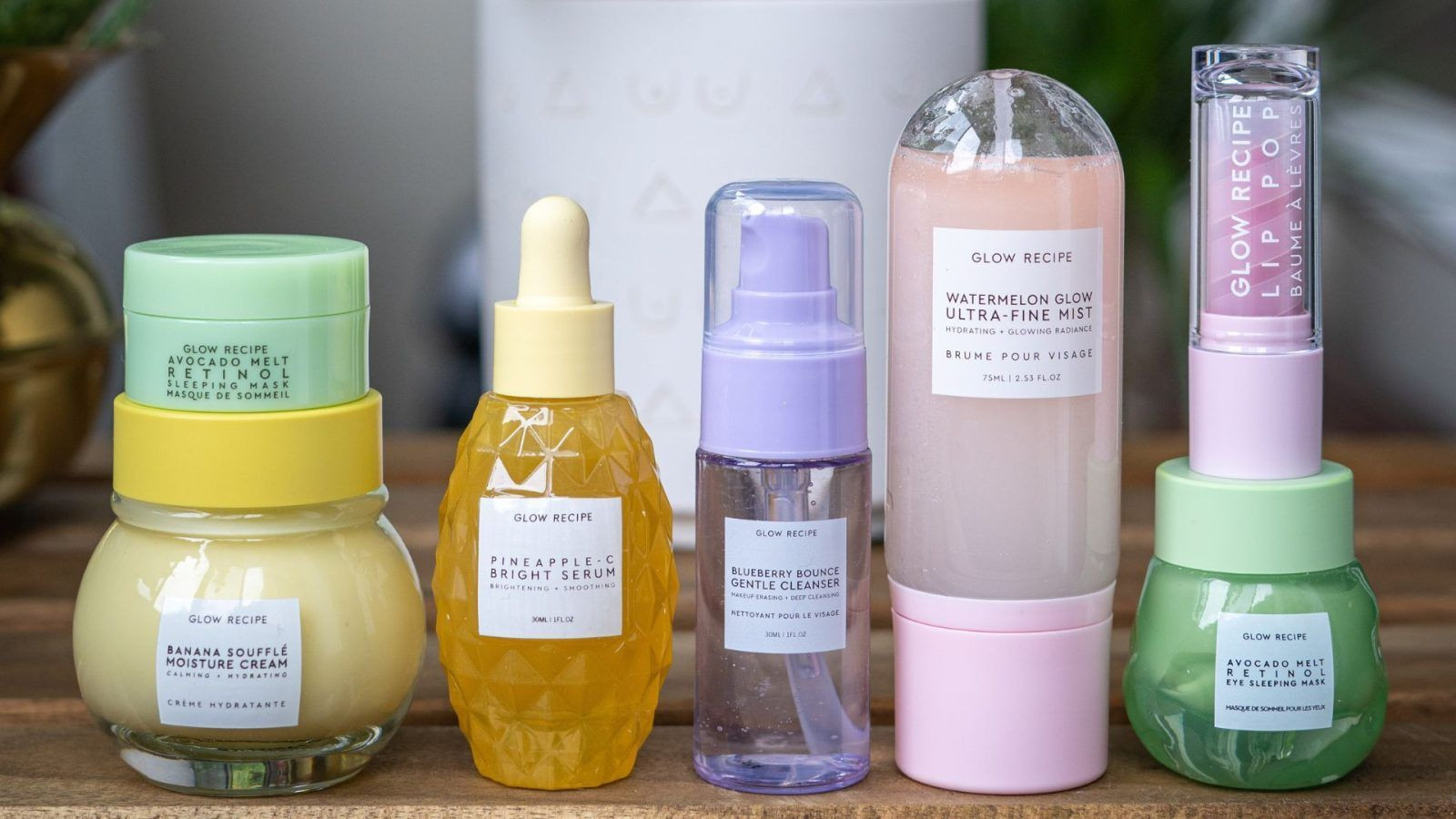Oysters From Maine Recalled Due to Potential Campylobacter Contamination
The Food and Drug Administration (FDA) has issued a warning to consumers and food retailers not to eat or sell certain oysters harvested from Recompense Cove in Freeport, Maine. The advisory, issued on July 25, 2024, states that these oysters may be contaminated with Campylobacter bacteria, which can cause serious illness.
What is Campylobacter?
Campylobacter is a type of bacteria commonly found in raw or undercooked poultry, unpasteurized milk, and contaminated water. It can also be spread through contact with animal feces. Infection with Campylobacter, known as campylobacteriosis, typically causes diarrhea, abdominal cramps, fever, nausea, and vomiting.
The Recalled Oysters
The FDA's warning specifically targets oysters harvested between June 19 and July 16, 2024, from two specific harvest areas at Recompense Cove: CAS RC2 and CAS RCX. These oysters were distributed to restaurants and food retailers in 14 states, including California, Connecticut, Delaware, Florida, Maine, Maryland, Massachusetts, Michigan, Nevada, New Hampshire, New Jersey, New York, Pennsylvania, Vermont, and Ontario, Canada. The FDA acknowledges that the oysters may have been distributed to other states as well.
How to Identify the Recalled Oysters
To ensure you're not consuming the recalled oysters, look for the following information on the shellfish tag:
- Harvest Date: June 19, 2024, to July 16, 2024
- Harvest Area: CAS RC2 or CAS RCX
What to Do If You Have the Recalled Oysters
If you have purchased oysters that match the criteria listed above, the FDA urges you to:
- Do not eat them.
- Dispose of them properly by throwing them in the garbage or returning them to the distributor for destruction.
What to Do If You've Eaten the Recalled Oysters and Are Experiencing Symptoms
If you have consumed the recalled oysters and are experiencing symptoms of campylobacteriosis, such as diarrhea, fever, abdominal cramps, nausea, or vomiting, it is crucial to seek medical attention immediately. Tell your healthcare provider about your potential exposure to Campylobacter.
Preventing Cross-Contamination
The FDA advises restaurants and food retailers to take steps to prevent cross-contamination, even if they do not have the recalled oysters. These steps include:
- Thoroughly cleaning food preparation surfaces and utensils with hot soapy water.
- Washing hands thoroughly with soap and water after handling raw shellfish and before handling other foods.
- Separating raw shellfish from other foods in the refrigerator.
- Cooking raw shellfish thoroughly to an internal temperature of 145°F (63°C) for at least 15 seconds.
Staying Informed
The FDA continues to monitor the situation and will provide updates as new information becomes available. To stay informed, visit the FDA's website at FDA.gov.
The Importance of Food Safety
This oyster recall highlights the importance of food safety practices. It serves as a reminder to consumers and food businesses to be vigilant in identifying and handling potentially contaminated food products. By following proper food safety guidelines, we can protect ourselves and our families from foodborne illnesses.




